What is Brachycephaly?
"Brachycephalic" means "short-headed." These dogs have been selectively bred to have shortened skulls, creating their distinctive flat faces and adorable expressions.
Adorable Appearance
Brachycephalic dogs have endearing, baby-like faces that humans find irresistible. Their large eyes, wrinkled faces, and flat profiles trigger our nurturing instincts. This cuteness has made them extremely popular.
Health Considerations
The flat face that makes these dogs cute also causes health challenges. Shortened airways can lead to breathing difficulties, especially in hot weather or during exercise. Responsible ownership requires understanding these needs.
Special Care Required
Brachycephalic dogs need special care including monitoring in hot weather, avoiding strenuous exercise, and managing breathing issues. Prospective owners must understand and commit to these requirements.
Common Brachycephalic Dog Breeds
The most popular brachycephalic breeds that have captured hearts despite their special needs.

French Bulldog

Boxer

Shih Tzu

Cavalier King Charles Spaniel
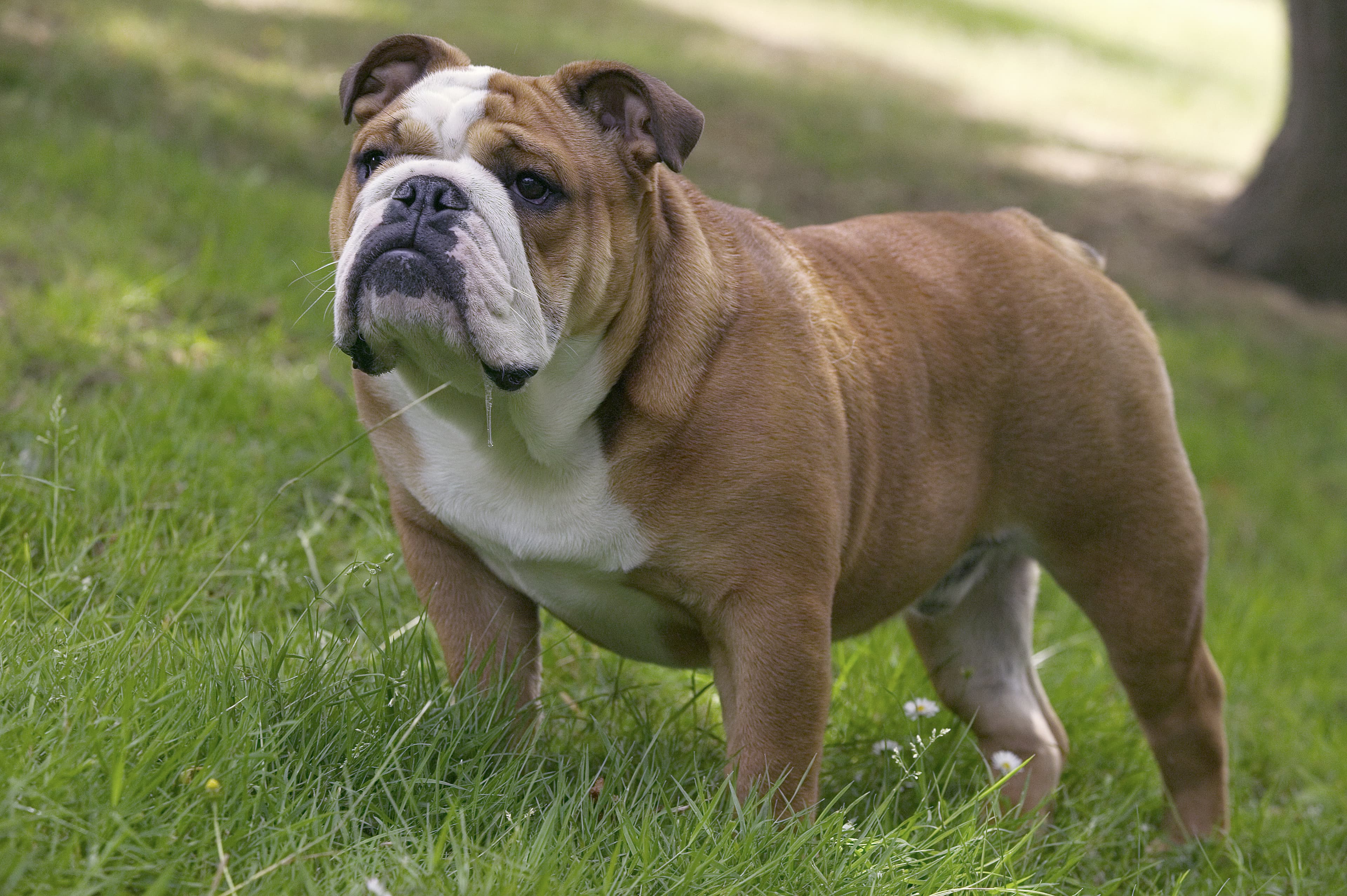
Bulldog
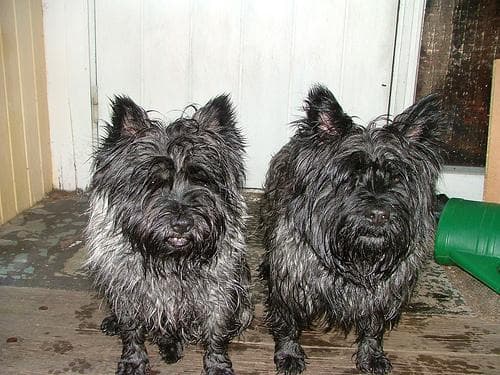
Boston Terrier
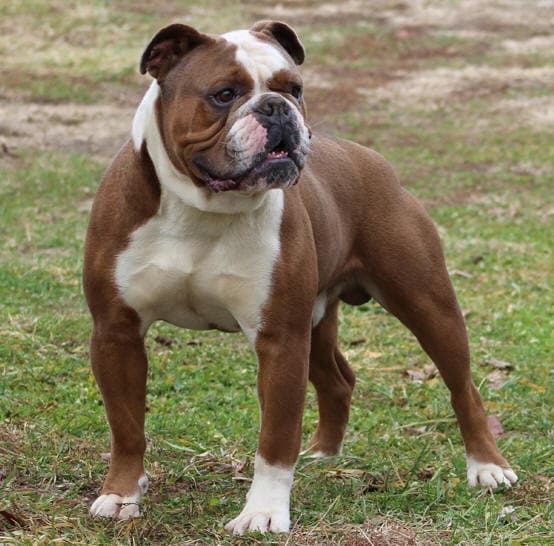
English Bulldog
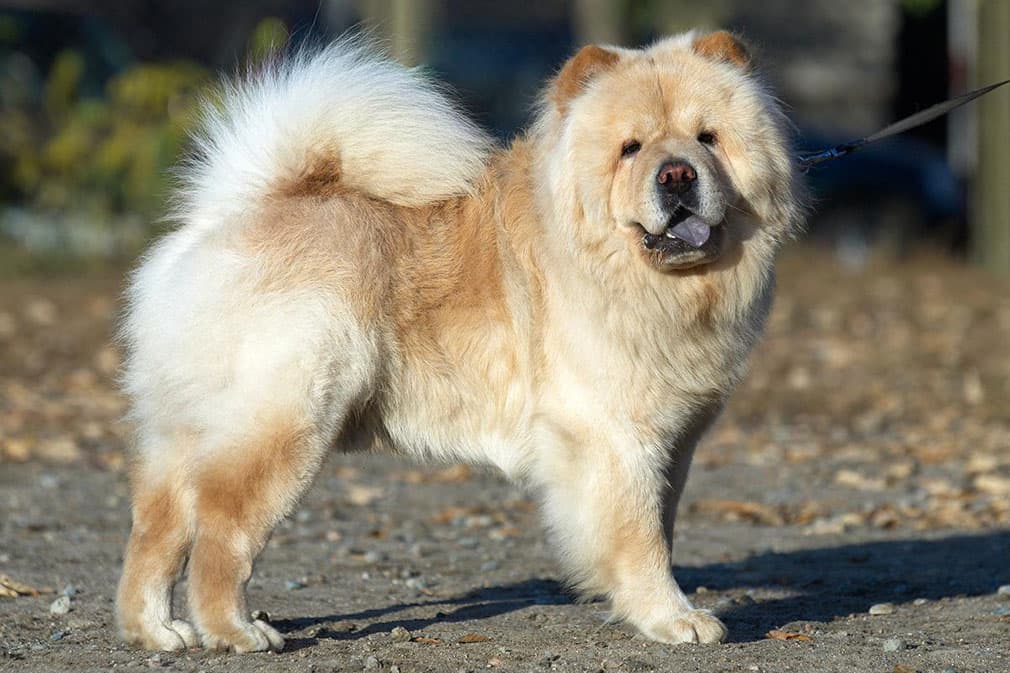
Chow Chow

Pekingese
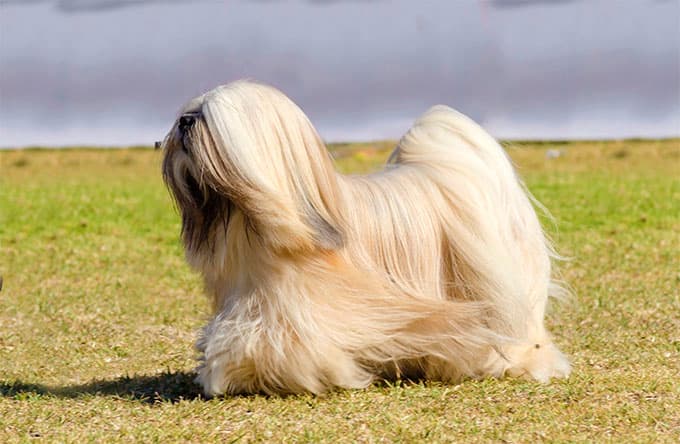
Lhasa Apso

Affenpinscher

Brussels Griffon

Japanese Chin

Bull Mastiff

Cane Corso
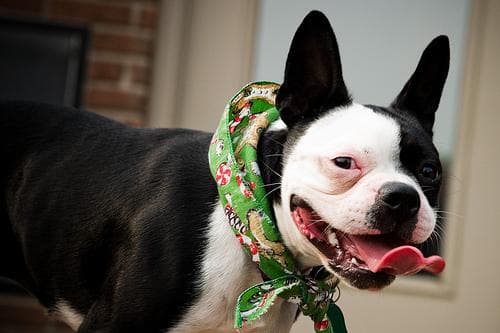
Boston Bulldog

Pug

Puggle

Alapaha Blue Blood Bulldog

American Bulldog

American Bully

Olde English Bulldogge
Important Health Information
Brachycephalic Obstructive Airway Syndrome (BOAS)
BOAS is a condition affecting many flat-faced breeds due to their shortened airways. Symptoms include noisy breathing, snoring, gagging, exercise intolerance, and collapse in severe cases. The condition can range from mild to life-threatening. Not all brachycephalic dogs are equally affected - severity varies by individual. Some dogs require surgery to improve breathing. Hot weather and obesity significantly worsen symptoms. Prospective owners must understand BOAS and commit to managing it.
Heat Sensitivity
Brachycephalic dogs cannot cool themselves efficiently because they can't pant effectively with shortened airways. They're extremely vulnerable to heatstroke, which can be fatal. Never exercise these dogs in hot weather. Provide air conditioning in summer. Watch for signs of overheating: excessive panting, drooling, lethargy, or blue gums. Heatstroke is a medical emergency requiring immediate veterinary care. Many airlines ban brachycephalic breeds due to heat-related deaths in cargo holds.
Other Health Concerns
Beyond breathing issues, brachycephalic dogs face other problems. Eye issues are common due to prominent eyes and shallow sockets. Skin fold infections occur in facial wrinkles. Dental problems result from crowded teeth. Spinal issues affect some breeds. Birth difficulties are common - many require C-sections. These health issues mean higher veterinary costs. Pet insurance is highly recommended for brachycephalic breeds.
Ethical Breeding Considerations
The extreme brachycephaly in some breeds raises ethical concerns about breeding dogs with inherent health problems. Some countries have implemented breeding restrictions. Responsible breeders work to improve health by selecting less extreme examples. If considering a brachycephalic breed, choose breeders who prioritize health over extreme features. Support breeders working toward healthier versions with longer muzzles and open nostrils. Consider whether it's ethical to purchase breeds with known suffering.
Caring for Brachycephalic Dogs
Climate & Environment
Brachycephalic dogs must live in climate-controlled environments. Air conditioning is essential in warm climates. Avoid outdoor activities in hot or humid weather. Exercise during cool morning or evening hours only. Provide plenty of fresh, cool water. Never leave these dogs in cars, even briefly. Consider whether your climate is suitable for a brachycephalic breed before adopting. They do best in temperate or cool climates with air conditioning available.
Exercise & Activity
Limit exercise for brachycephalic dogs. Short, gentle walks are better than long or strenuous activity. Watch for signs of respiratory distress: excessive panting, blue gums, or collapse. Stop activity immediately if breathing becomes labored. Swimming can be dangerous as they tire easily and may struggle to keep their heads above water. Many flat-faced dogs are naturally low-energy, which suits their physical limitations. Mental stimulation through gentle training and puzzle toys is safer than physical exercise.
Weight Management
Maintaining healthy weight is crucial for brachycephalic dogs. Extra pounds significantly worsen breathing problems. Monitor food intake carefully and avoid overfeeding. Many flat-faced breeds have lower exercise needs, making weight management challenging. Work with your vet to establish appropriate feeding amounts. Even small amounts of excess weight can dramatically impact breathing. Obesity in brachycephalic dogs is not just about appearance - it's a serious health risk.
Regular Veterinary Care
Brachycephalic dogs need regular vet check-ups to monitor their conditions. Find a vet experienced with flat-faced breeds. Discuss BOAS severity and management options. Some dogs benefit from surgery to open airways. Be prepared for higher veterinary costs. Anesthesia is riskier for brachycephalic dogs - ensure your vet uses appropriate protocols. Monitor for signs of worsening breathing and seek care promptly. Early intervention can prevent serious complications.
Daily Care
Clean facial wrinkles daily to prevent infections. Use pet-safe wipes or damp cloths. Check eyes regularly as they're prone to injury and infections. Use harnesses instead of collars to avoid pressure on airways. Brush teeth frequently as crowded teeth accumulate plaque. Monitor breathing patterns - know what's normal for your dog so you can recognize changes. Keep emergency vet numbers handy in case of respiratory distress.
Is a Brachycephalic Dog Right for You?
Brachycephalic dogs can be wonderful companions, but they require special considerations. Ask yourself these questions before committing:
- Can you provide climate-controlled living with air conditioning?
- Are you prepared for potentially high veterinary costs?
- Can you commit to limited, careful exercise routines?
- Are you comfortable managing breathing issues and potential emergencies?
- Will you maintain healthy weight through careful feeding?
- Can you perform daily grooming and wrinkle cleaning?
- Have you researched reputable breeders prioritizing health?
- Are you emotionally prepared for potentially shorter lifespans?
If you answered yes to these questions and are committed to responsible ownership, a brachycephalic dog can bring joy to your life. If you have doubts, consider healthier breeds or less extreme versions of flat-faced dogs bred with health prioritized.